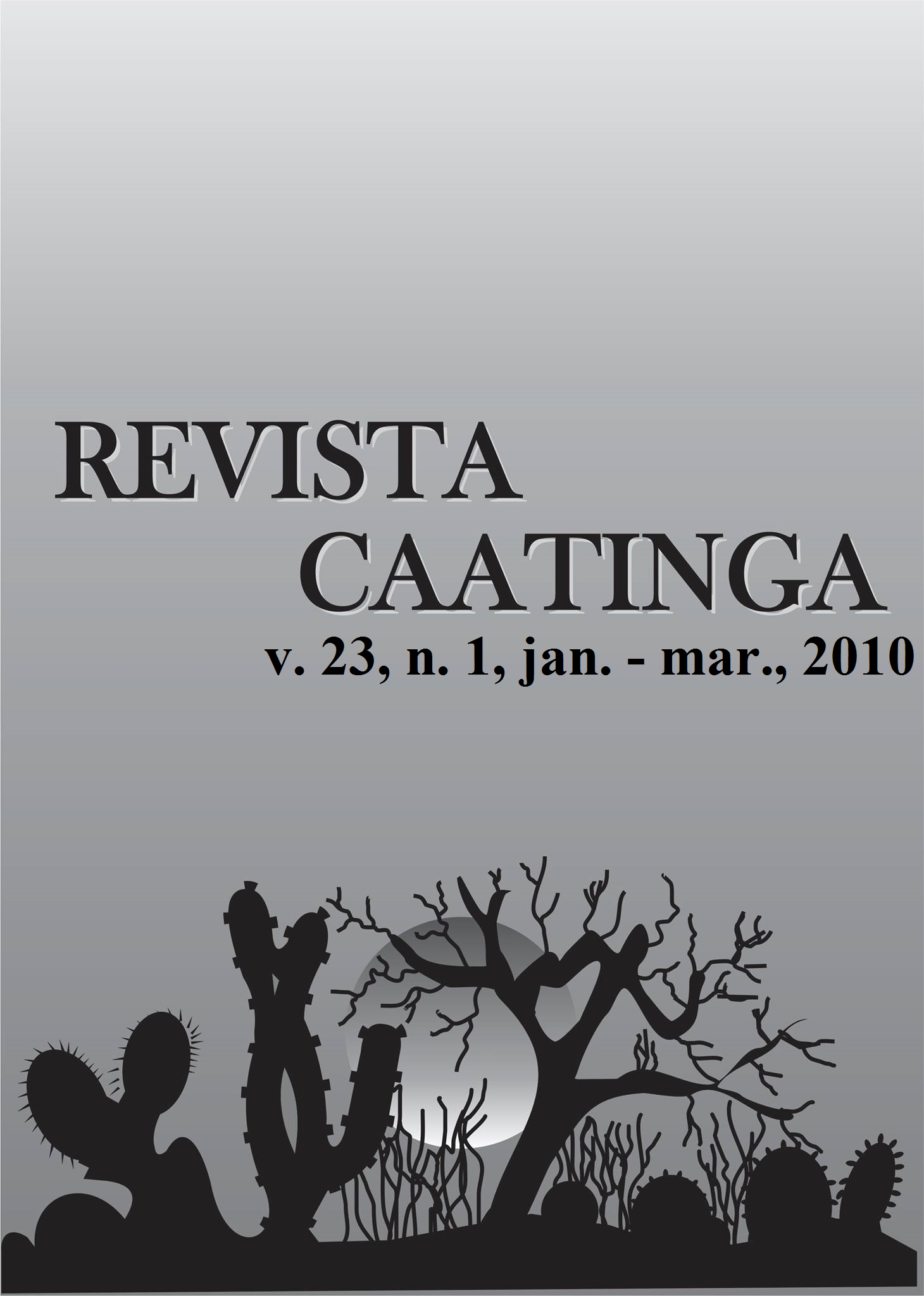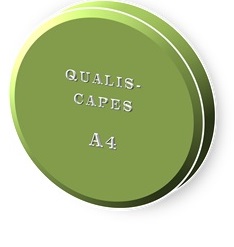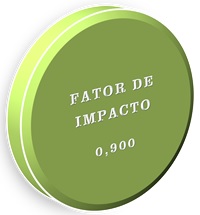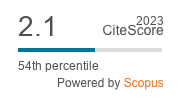IN VITRO ESTABLISHMENT AND CALLOGENESIS IN SHOOT TIPS OF PEACH PALM
Palavras-chave:
In vitro culture. Bactris gasipaes. Amazon Forest.Resumo
Bactris gasipaes is an important Amazonian culture as the main source of hearts of palm. Techniques of plant tissue culture are promising tools in breeding programs of this culture. The objective of this study was to develop protocols for the in vitro establishment and callus induction in Bactris gasipaes shoot tips. Shoots were collected from young plantlets of B. gasipaes, which were disinfected with NaOCl 0.63, 1.25 and 1.88% (v/v), for 10, 20 and 30 minutes. After that, shoot tips were removed and inoculated in MS medium with factorial combinations of the growth regulators 2,4-D (0.0; 5.0; 10.0; 20.0 and 40.0 mg.L-1) and BA (0.0; 3.0 and 6.0 mg.L-1). The experimental design was entirely randomized, replicated three times with ten tubes containing one explant per plot. The disinfection was efficient for 20 minutes of immersion in NaOCl 1.25%, which resulted in 90% of explants without contamination and low oxidation. The greater callogenesis percentage was of 60%, reached at 10.0 mg.L-1 2,4-D and 3.0 mg.L-1 BA combination.Downloads
Downloads
Publicado
Edição
Seção
Licença
Os Autores que publicam na Revista Caatinga concordam com os seguintes termos:
a) Os Autores mantêm os direitos autorais e concedem à revista o direito de primeira publicação, com o trabalho simultaneamente licenciado sob a Licença Creative Commons do tipo atribuição CC-BY, para todo o conteúdo do periódico, exceto onde estiver identificado, que permite o compartilhamento do trabalho com reconhecimento da autoria e publicação inicial nesta revista, sem fins comerciais.
b) Os Autores têm autorização para distribuição não-exclusiva da versão do trabalho publicada nesta revista (ex.: publicar em repositório institucional ou como capítulo de livro), com reconhecimento de autoria e publicação inicial nesta revista.
c) Os Autores têm permissão e são estimulados a publicar e distribuir seu trabalho online (ex.: em repositórios institucionais ou na sua página pessoal) a qualquer ponto antes ou durante o processo editorial, já que isso pode gerar alterações produtivas, bem como aumentar o impacto e a citação do trabalho publicado (Veja O Efeito do Acesso Livre).







